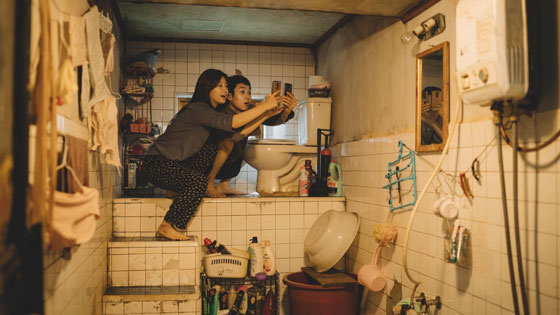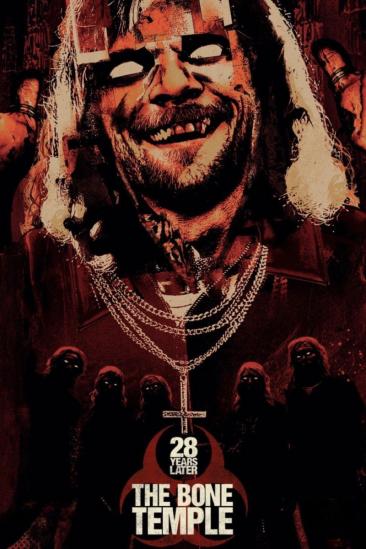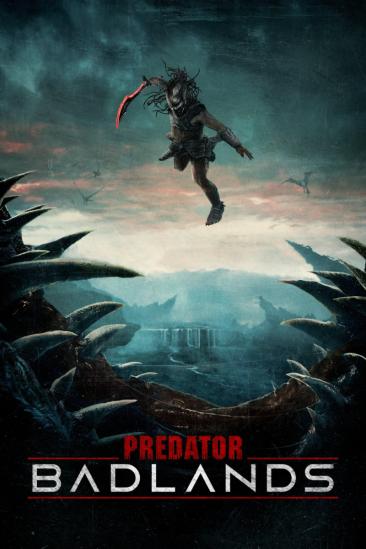PARASITE Review
By Barnaby Turner | Leave a Comment | Published 5 years ago

There's a particular method of thematic storytelling that takes a realistic construct and simply explores what would happen if you turned up the dials. Notably that's been a technique used in recent years by Jordan Peele in his Us and Get Out where the racism entrenched in modern-day society is explored brilliantly by magnifying the beliefs of very real characters into extreme actions. Bong Joon-ho 's Oscars winner Parasite (2019) uses that same approach, only his story - as so often seems to be the case with this fascinating filmmaker - is all about class.
We follow the basement-living Ki family in Seoul slowly infiltrate and exploit the upper-class Park household in the only way they can - by manipulating their way into the house staff. After enjoying a brief taste of opulence though, the film then mostly becomes about deconstructing the falseness of their fantasy as they slowly come to terms with the fact that they'll never really be able to escape the trappings of their class at all. That's crucially enabled by characters committing a few extreme actions which force those things into view, but what's so brilliant is that Joon-Ho never tips the scales into the ridiculous and instead walks the line between satire, horrific moments, and grounded character explorations such that nothing feels remotely out of place.
In fact, despite its serious subject matter, the first half of the film plays out in a surprisingly comedic way. The Kis' are pretty conniving, but their schemes are funny to watch because they're not only enjoying themselves so much, but because the wealthy Parks are both as repulsive as they are hilariously ignorant to what's happening. Things eventually take a darker turn though; something which should come as no surprise to anyone familiar with Joon-Ho's impressive back-catalogue. His films don't subvert expectations for the sake of it; they're just never bound by traditional genre trappings and instead unfold naturally to explore fascinating social themes, and Parasite (2019) is certainly no exception to that.

Indeed, this is ultimately a deeply-layered exploration of the wealth divide that exists in modern-day society, with Joon-Ho setting out to "examine relationships under capitalism and ask whether peaceful co-existence might be possible within them." The answer given to that quandary seems to be a definite nope, but what's so remarkable is how organically that comes to light. It would be easy to have characters sit around and discuss their differing opportunities, but the way they initially co-exist and are then forced into their respective situations within the narrative, and the actions they take which show their realisations of this, means it's an extremely powerful watch.
The epitome of this is seen in one central sequence where the Kis - after realising their place under the Park family table - run from their mansion in the middle of the night. The way that their desperation on the rain-soaked streets and their flooded basement apartment is cut against the quiet of their employees in the comfort of their pristine, Modernist, hill-topping castle is heart-wrenching stuff, and it's just one of many examples where the film says so much and exposes its characters to the realities of their situation without any dialogue doing the heavy lifting at all.
That's the hallmark of a highly cinematic film, and on that front it's clear that Joon-Ho has developed even greater confidence in the power of narrative (and indeed splashes of strong, often metaphoric imagery) to convey meaning since his thematically homogeneous sci-fi flick Snowpiercer. The result of not having characters clunkily articulate ideas also means they end up appearing as more organic and grounded individuals, and in fact that's arguably the most successful thing about Parasite (2019) overall.

Even after our first meeting with them it's clear that the Kis are a very tight unit with their own sparky individual personalities, as the simple scenarios we begin with express everything just as eloquently as when the film is dealing with the heavier stuff. There's the smart, timid son Ki-woo (Choi Woo-shik) and his feisty sister Ki-jeong (Park So-dam) who share great chemistry, and then there's the father Ki-taek whose plucky determination and whit has clearly infected his wife and children too. It's crushing to see him losing hope, and though (again) he never explicitly says it, one look at Kang-Ho Song's face says everything we need to know.
The performances really are astounding across the board here (heck, many deserved Oscars all of their own) as they not only help to develop characters that you grow attached to, but they also completely sell the moves that the narrative has them make. Perhaps excluding the borderline-montage finale, none of their choices seem out of place. Instead, everything is the result of forced hands and obvious reasoning that we understand perfectly.

In the end, all of that again comes down to the way that Joon-Ho manoeuvres his narrative to organically explore his central theme. It's not really about mixing genres, it's about balancing moments and developing characters so that what happens - however out of the ordinary or driven by thematic ideas - feels completely justified and right. In other words, the thematic journey is translated so seamlessly through the character narrative that you feel the ideas unfolding rather than just thinking about them, and that's the mark of a truly masterful film.
Much about Parasite (2019) may be refreshingly unexpected then, but mostly - just like its enigmatic title - it's also completely natural. Sure, 'Parasite,' may sound like the name of some strange fantasy-horror B-movie from the early 80s (well actually, it is...) but really, it's a word that describes the invasion of the Kis into the Park family, the creeping realisation of their situation's falseness, and ultimately the class trappings that live under the skin of our very cities and towns. To bring that all to light so cinematically and so organically is an impressive feat, and Joon-Ho and his team undoubtedly deserve every Oscar that came their way for pulling it off.
More than that though, they deserve your bum on a seat in a cinema, watching their creation unfold, unspoiled, before your eyes. It's an electric experience, and you simply cannot miss it.
I give Parasite a 9 out of 10.
Parasite • Run time 2:12 • Rated R for language, some violence and sexual content









Post a New Comment
Sign In to CommentComments